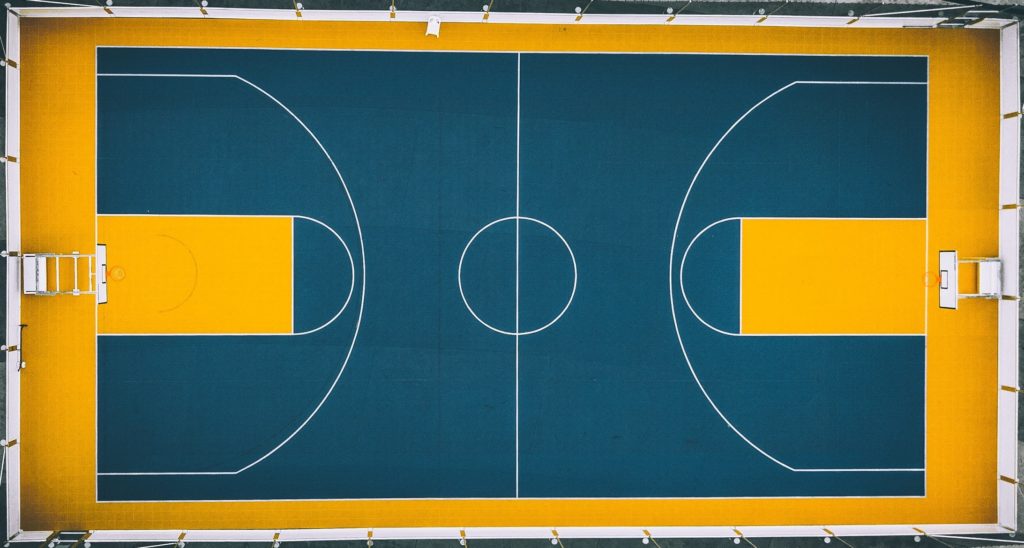Laura Purdy (Edge Hill University) and Geoff Kohe (University of Kent)

The increasing attention on Ukraine jogged memories of the Euromaidan upheaval in 2013/14 and parallel regional uncertainties over Ukraine-Russia relations. At this time, civil unrest arose over the government decision to halt signing of the Association Agreement with the European Union. Within Ukraine, pro-EU protests escalated into a larger social and political upheaval and a separatist war led by ethnic Russians in the Donbass region of Eastern Ukraine.
In trying to sustain normalcy, it is not unusual for sport to continue in conflict zones as means to provide comfort and a sense of routine; from community sport participants and fans who play and spectate, through to professional sports workers (e.g., athletes, coaches, administrators) who need to maintain careers. While in times of crises experiences of all individuals are important, little is known about how professional sports workers manage geopolitical crises.
Our ongoing research within the European sport sector, however, provides insights on how various global and regional forces (e.g., financial crises, Brexit, etc.) affect sporting lives, careers and organisations. Focusing primarily on Baltic and Balkan regions (precariously positioned in the semi-periphery between West and East European tensions), we examine experiences of sports workers in men’s professional basketball, one of the most predominant sports in these regions.
By the start of Euromaidan, the Ukrainian men’s basketball league was strengthening in quality and popularity. One club was playing in the EuroCup, the second-tier competition in Europe, aspired to qualify for Euroleague, the top league. Consequently, it was attracting international players of high quality. FIBA Europe capitalised on this momentum and selected Ukraine to host the 2015 European men’s basketball championships. Hosting the event would positively impact the sport through facility investment which would improve the league quality and attract new talent and sponsorship.
When conflict arose, the basketball federation reacted by temporarily suspending the league and reducing season length. As conflict worsened, clubs lost sponsors and were forced to conserve finances, use cheaper, poorer-standard facilities, release players from contracts, and reduce medical support. For players, salary payments were delayed, and for some, stopped. Individual responses varied according to their nationality. For non-Ukrainians, consulates provided clear communication, and ultimately advised them to leave the country. Those who could leave, did. Consequently, the standard of the league dropped, teams collapsed, and players who could not source a new contract faced unemployment.
This disruptive season left an adverse legacy for the sport, with conditions resembling that of the previous decade. Research on these experiences contribute to important questions within and beyond sport relating to workers’ welfare, organisational and employment sustainability, duties of care, contractual securities, and mobility opportunities. While experiences of past conflict may provide some optimism and resilience, basketball sports workers in Ukraine now find themselves in the position in which they may be revisited by the challenges of the 2013/14 season, with perhaps a more uncertain endgame.
Dr Laura Purdy is a Senior Lecturer in the Department of Sport and Physical Activity and a member of the Centre for Child Protection and Safeguarding in Sport (CPSS) at Edge Hill University.
Dr Geoff Kohe is a Senior Lecturer in Sport Management & Policy in the School of Sport & Exercise Science at the University of Kent.
NOTE: This article was written earlier in the week, prior to the Russian invasion of Ukraine today, Thursday 24th February 2022.
Photo by Izuddin Helmi Adnan on Unsplash
